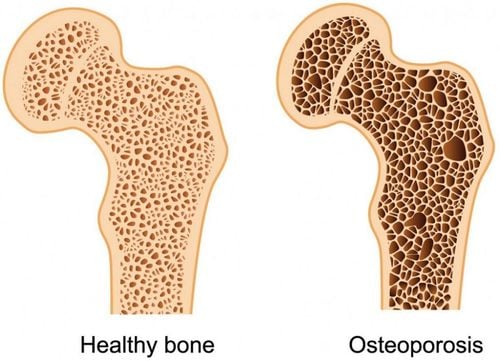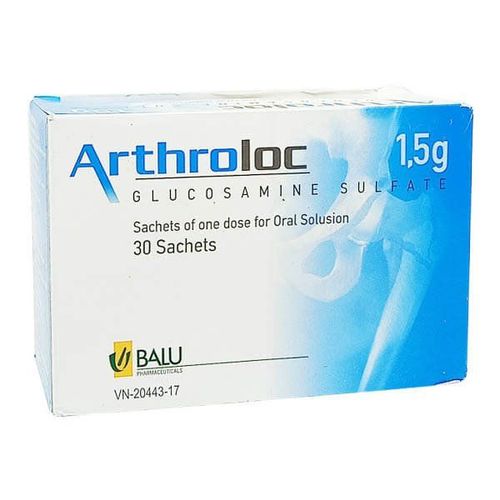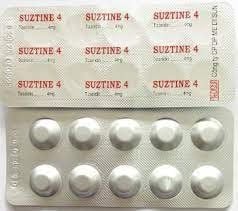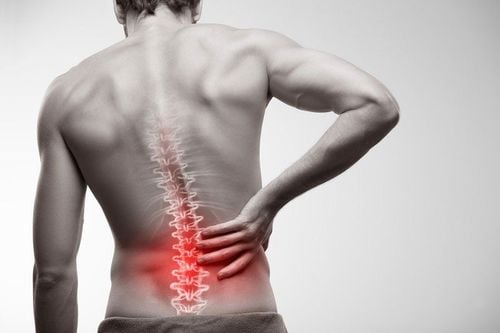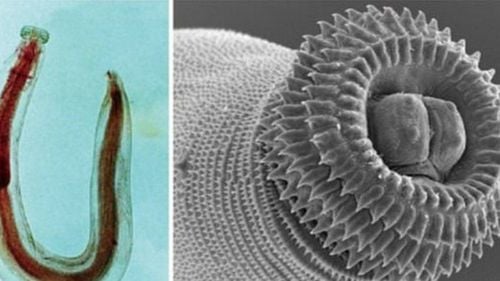This is an automatically translated article.
Jogging is an exercise chosen by many people because of its simplicity, high endurance training, and good calorie burning. However, many people suffer from back pain when running, which affects their exercise and movement. So why does running cause back pain? And how to fix it?
1. Symptoms of running back pain
Back pain caused by running has many different manifestations. Usually you will have back pain after stopping running, or develop pain after stopping running for about 2 to 3 days. There are also people who have back pain during running. After resting, stop running. This situation repeats after resuming running.
There are 3 common types of back pain, including: muscle-related back pain, bone-related back pain, and low back pain. In particular, low back pain is the most common type of back pain when running.
Back spasms are often the result of a previous injury, inflammation, or muscle weakness in the area. If one muscle is strong and the opposing muscle is weak, it will also cause imbalance and can affect posture when running.
2. Why do you have back pain when running?
There are many causes of back pain when running. You need to find out carefully and determine exactly where the pain is coming from or what the problem is, because there can be not only one cause but also many other resonance reasons that cause pain when running.
2.1 Objective reasons
Because you carry too heavy things, causing your back to hurt before, when you run, your back hurts. Because you do not warm up before running or the warm-up process is not correct, unscientific causes the back area to be affected and painful after jogging. The track is not smooth. Running in any terrain can affect the back, especially the spine. If the track is rough and steep, it will cause more pressure to be put on the back area, causing pain. Running back pain can also result from foot imbalances including high or low arches that cause the foot to tilt backward or lie on its back. When this happens, the ankles, knees, and lower back will be affected. At this point, you should see a podiatrist for a gait analysis to help rule out foot problems. Do not wear specialized shoes or hard sole shoes that cause the body's gravity to shift forward, the L4 and L5 dorsal vertebrae are prone to slip forward, causing compression of blood vessels and nerves. Excessive jogging: The level of movement that exceeds the body's tolerance level also causes back pain.

Một nguyên nhân gây đau lưng khi chạy bộ là do sự mất cân bằng của bàn chân
2.2 Subjective reasons
Sometimes you run with back pain, you may be suffering from some disease that doesn't really come from the back but may originate in another area.
If you have diseases related to the back such as muscles, bones, spine, discs, it is very easy to have pain when moving. According to studies, back pain when jogging is also associated with a number of health conditions including:
Degenerative or herniated discs As we age, the spinal discs will gradually wear out, active no longer smooth leading to disc degeneration.
When running or exercising too much can create pressure on the discs in the back. When there is degeneration of the disc area or herniation, it will cause low back pain. You need to see a doctor, perform a scan to assess the situation as well as the extent of the injury in the lumbar region for timely treatment.
Sprains, strains Excessive physical activity can cause muscles and ligaments in the lower back to be overstretched or tear. This will lead to pain, stiffness, and even muscle spasms affecting the back pain. In particular, running with back pain is a typical manifestation of this condition.
So, when you have a sprain or strain, you need to limit physical activity for a few days, then slowly start doing light exercise again after 2 to 3 weeks. Applying ice for the first 48 to 72 hours, then switching to heat will help ease the pain. In addition, activities that involve turning the back or lifting heavy objects should be avoided for 6 weeks after pain.
Radiculopathy This is a common condition in the elderly. Nerve root damage is caused by compression, inflammation, or damage to nerve roots in the spine. When jogging will put pressure on the nerve roots leading to pain, numbness or tingling sensations that move or spread to other areas of the body causing discomfort and pain.
Radiculopathy can occur when spinal stenosis or herniated discs or ruptured discs compress the nerve roots.

Chạy bộ đau lưng có thể xuất phát từ bệnh lý rễ dây thần kinh
3. How to overcome back pain when running?
You need to know the cause of back pain when running, then find a way to handle and overcome this problem. If the cause is that you are suffering from diseases related to bones, muscles, discs, you need to go to a medical facility to be checked, diagnosed and treated promptly by a doctor.
If there is an objective cause of back pain when jogging, you just need to:
Limit carrying heavy loads Warm up your hands and feet properly and properly Jog on flat terrain Choose specialized, smooth shoes when running. running Supplementing products and substances necessary for strong bones Go for a light jog, depending on your health, Don't run too hard. It is best if back pain persists and affects your daily life and activities, you should go to medical facilities to be checked and treated promptly.
Vinmec International General Hospital with a system of modern facilities, medical equipment and a team of experts, orthopedic specialists with many years of experience in medical examination and treatment. Therefore, when there are any health problems, customers can contact Vinmec for examination and appropriate instructions from a qualified doctor.
Please dial HOTLINE for more information or register for an appointment HERE. Download MyVinmec app to make appointments faster and to manage your bookings easily.




